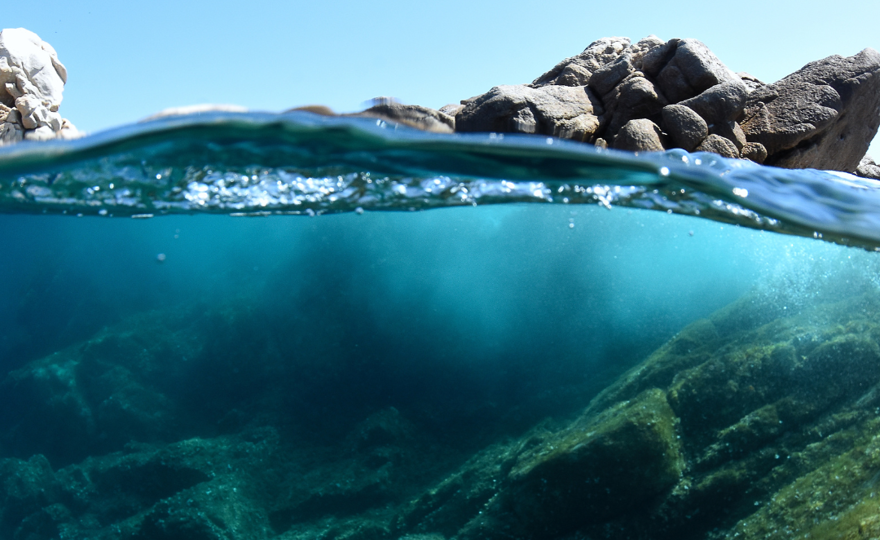ClientEarth Communications
26th March 2025


There is a symbiotic relationship between the ocean and the climate – they are both affected by each other.
We rely on the ocean for myriad things, including food, water, medicines and livelihoods for millions of people living in coastal communities. But we also rely on it to keep our planet’s unique systems in balance and working as they should.
So what effect are a warming planet and a changing climate having on the ocean? And how will those impacts affect us all?
It is a well-established fact that our planet is heating up at an unprecedented rate, in large part due to emissions from fossil fuels, and it’s estimated that about 90% of this warming is occurring in the ocean itself. In other words, as the temperature of the atmosphere increases, the ocean absorbs the vast majority of the heat.
The ocean is also the planet’s biggest ‘carbon sink’, which means it absorbs more carbon dioxide from the atmosphere than any other body of water, area of forest etc. Roughly 25% of all human-caused carbon dioxide emissions are absorbed by the ocean.
The increase in both carbon dioxide and heat the ocean is absorbing has numerous results:
Increased CO2 causes a process called ‘ocean acidification’, whereby the water becomes more acidic
Warming waters cause glaciers and ice sheets to melt, which leads to rising sea levels
Melting ice causes changes in the salinity of the ocean
Warming and changes in salinity can disrupt ocean currents
Warming ocean temperatures can lead to marine heatwaves
Warmer water holds less oxygen, which leads to deoxygenation in some areas of the ocean
Of course, the numerous ways in which climate change affects the ocean have knock-on effects.
The ocean acidification from increased CO2 levels can harm marine life. Marine species with calcium carbonate shells, like corals and shellfish, are particularly at risk.
Rising sea levels, ocean acidification, and warming temperatures can lead to the loss of habitats and displacement of marine species. They can also cause ‘coral bleaching’, which is when corals expel the algae living in their tissues and die.
The increased water temperature can cause damage to marine ecosystems. The melting of glaciers and ice sheets that result from warmer water threatens the survival of species living in arctic habitats, including seals and polar bears.
The rising sea levels that are a result of the melting ice mean that many low-lying land masses, such as Small Island States, are becoming more and more submerged under water. Many coastal communities that rely on the ocean and shoreline for their livelihoods and way of life are also under threat from these rising levels.
The decrease in the ocean’s oxygen levels leads to some areas suffering from deoxygenation, creating ‘dead zones’ in which marine life cannot survive.
As ocean temperatures change, fish and other marine animals may migrate to cooler waters, potentially impacting fishing communities and food security.

A healthy ocean is essential in minimising the impacts of climate change. Its role as the planet’s biggest carbon sink means that it absorbs a vast amount of the carbon dioxide that would otherwise be damaging the atmosphere. The ocean also absorbs 90% of the excess heat caused by climate change.
But, we can’t rely on the ocean to absorb the excess CO2 and heat that climate change is causing. This is because the damage to the ocean from climate change described above is actually also contributing to and exacerbating climate change in various ways:
The ocean can only absorb a finite amount of CO2 and heat, and the more it absorbs, the less it is able to keep doing so. Without the ocean as an effective carbon sink, global warming’s negative impacts will increase.
The warming and the salinity changes that melting ice causes can disrupt ocean currents, currents which are vital in regulating global climate patterns.
Ocean ecosystems like mangroves and seagrass beds are essential in mitigating the effects of climate change on coastal communities. But the changes in the ocean that climate change causes are damaging them.
In order to mitigate and minimise the effects of climate change, we must protect and restore the ocean.